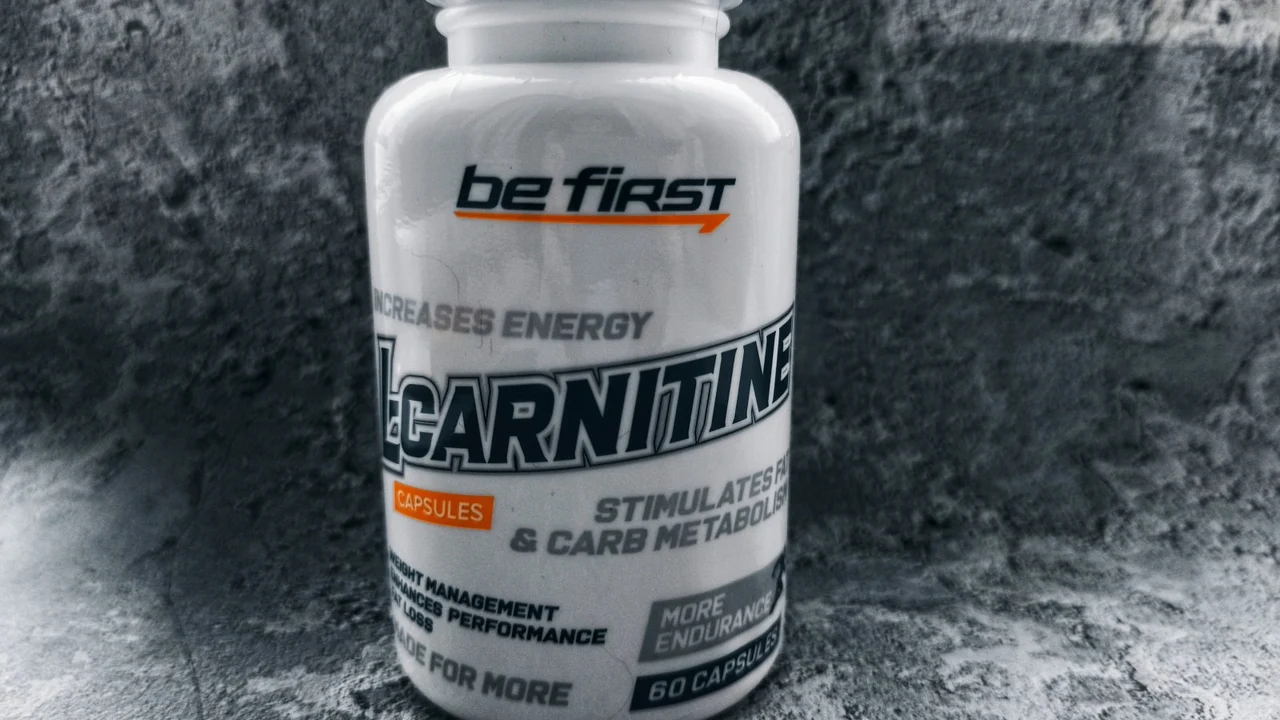Looking for supplements that actually help, not hype? This tag collects clear, practical posts about dietary enhancements — what works, who might benefit, and how to stay safe. You’ll find short reviews of popular natural products, tips on buying quality supplements, and easy rules for mixing them with prescription meds. No fluff, just usable advice.
Start with a reason. Don’t buy supplements because they’re trendy. Ask yourself: am I trying to boost energy, help digestion, support immunity, or fill a nutrient gap? That answer guides which ingredients matter and what real results to expect.
Check the label. Look for ingredient amounts, serving size, and whether the product lists active compounds, not just plant names. Avoid proprietary blends that hide doses. If a product promises rapid weight loss, miracle cures, or a one-size-fits-all fix, step back — those claims rarely hold up.
Quality matters. Choose brands with third-party testing (USP, NSF, or ConsumerLab). Those seals don’t guarantee magic, but they do reduce the risk of contamination and ensure the label matches the bottle. Read customer reviews for consistency, but weigh them against objective certifications.
Safety first. Some supplements interact with medicines like blood thinners, birth control, or heart meds. If you take prescription drugs — especially for blood pressure, heart disease, or mental health — ask your clinician before adding anything new. Start with low doses and watch for side effects.
Traveler’s Joy — a popular travel-focused supplement that aims to boost energy and immune resilience for trips. We look at when it helps (long flights, jet lag, travel stress), typical dosing, and realistic expectations. It’s useful for short-term energy support, not a replacement for sleep and hydration.
Hollyhock — covered for its digestive and anti-inflammatory potential. Our post breaks down active compounds, simple ways to add it to your routine, and who should avoid it (for example, people on blood thinners). Expect practical tips on dosing and form — tea, extract, or capsule.
Hu Zhang — an herbal option often touted for cardiovascular support and longevity compounds like resveratrol. We explain what the research says, how much to consider, and how it might fit into a heart-healthy plan alongside diet and exercise.
Cascara — known for mild laxative effects and occasional antioxidant benefits. You’ll get guidance on safe, short-term use, timing, and signs it’s time to stop. Long-term use can cause dependence, so our write-up focuses on occasional, informed use.
Every article here aims to give quick, practical takeaways: who benefits, how to use it, possible risks, and buying tips. If you’re unsure about combining a supplement with a medication, ask your doctor or pharmacist. Small, steady changes beat risky experiments. Explore the posts under this tag to find short, actionable reviews and safety checklists for each supplement.
